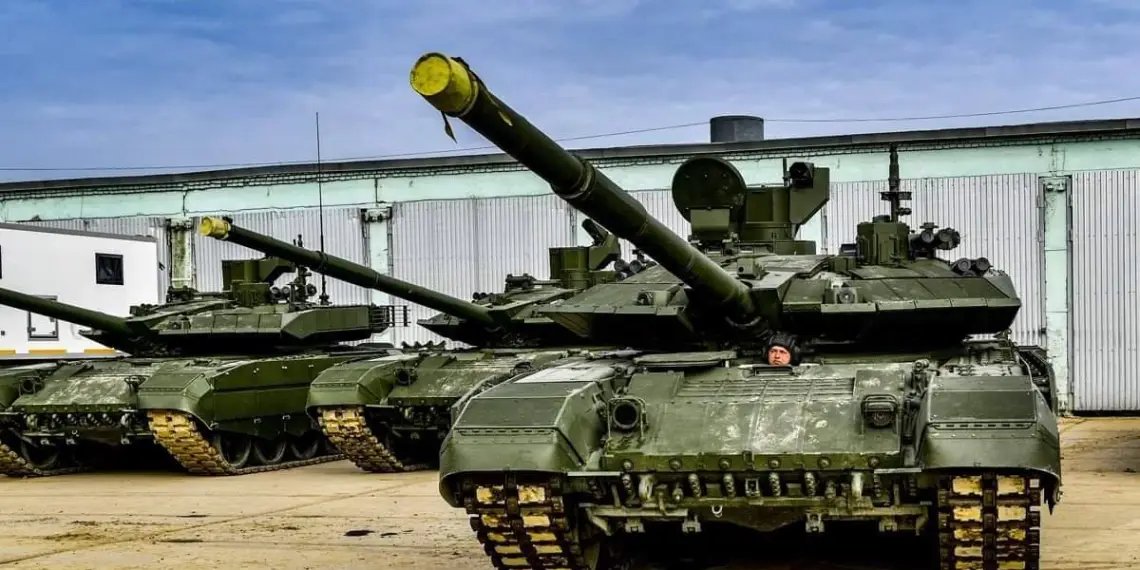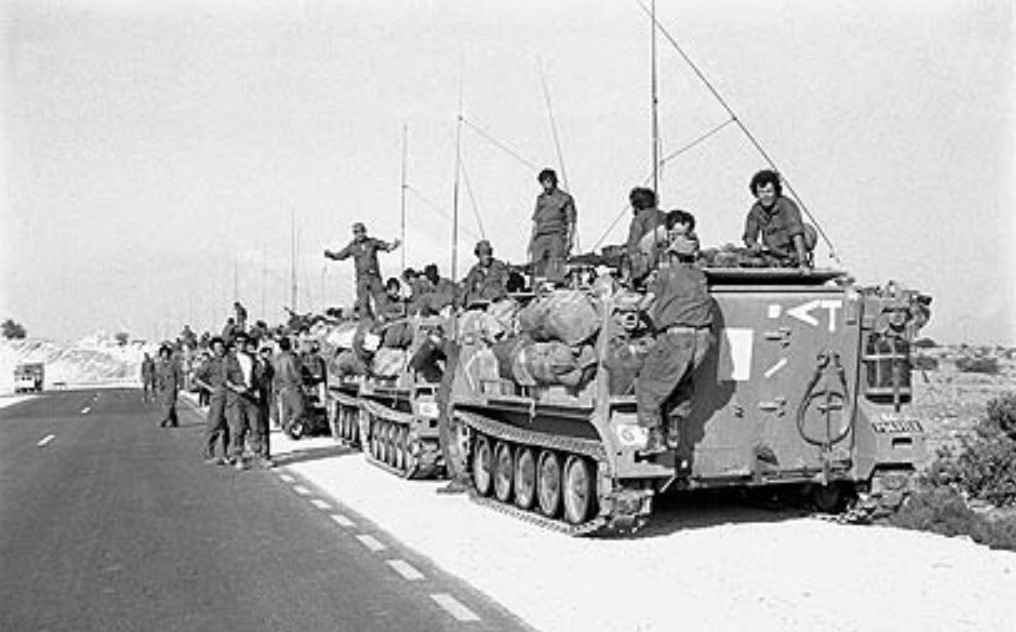Israel is looking at unmanned armoured vehicles through its Carmel program. Developments are likely to feed into other AFVs already in service and provide a marker for other nations to gauge progress. #armour #tank #AI
https://twitter.com/AAhronheim/status/1158014377951449088
The key will be ensuring responsiveness. Russia has reportedly trialled UGVs in urban situations alongside conventional forces. The operators struggled to fully appraise the battlefield and respond to situations in time. Not quite as easy as call of duty it seems
Another consideration will be cyber security - while likely to be controlled via a secure network these vehicles will need main mission computers that could be accessed during routine maintenance or through USB-style attacks. Ie the attack carried out on Iran #cybersecurity
One final consideration would be some form of remote self-destruct. The tech is only good as long as it is secret - if a vehicle was captured and reverse engineered the unique qualities of the vehicles would be lost and a new development could become necessary.
I recently wrote a story for @JanesINTEL about technology from @AitechDefense on this type of technology and the considerations around it. #cyber looks to be a big defence issue on the near horizon.
• • •
Missing some Tweet in this thread? You can try to
force a refresh
















